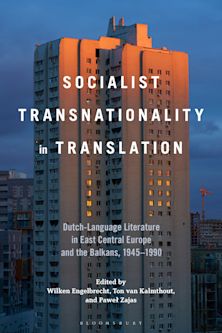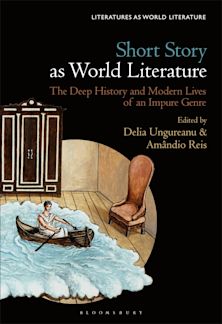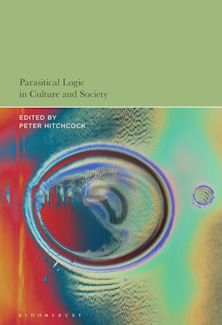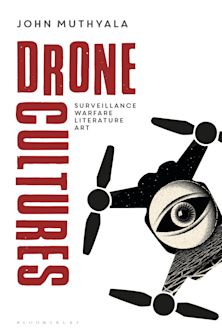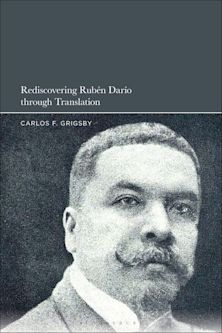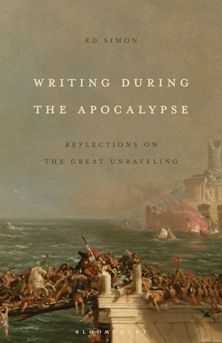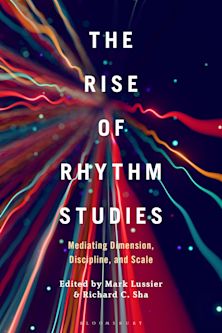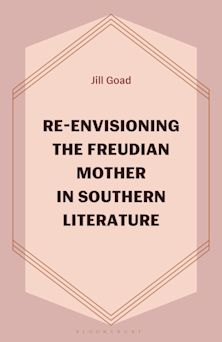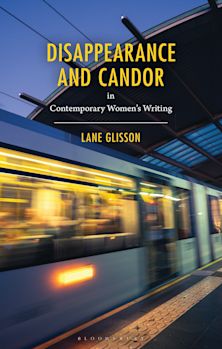When Criticism Goes to War
Njegos, Andric and Their Detractors
- Open Access
When Criticism Goes to War
Njegos, Andric and Their Detractors
- Open Access
This product is usually dispatched within 1 week
- Delivery and returns info
-
Free CA delivery on orders $40 or over
Description
A bold intervention into the lingering debates on Serbian writers Petar Petrovic Njegos and Ivo Andric in the late Yugoslav and post-Yugoslav period, which interrogates the political and moralizing (mis)use of literature.
This open access study asks difficult questions about the relationship between literature, history, politics and ethics: Does representing something in fiction mean endorsing it? Should fiction be used to rewrite history? Should we weaponize legitimate ethical concerns while reading fiction and transform them into superficial moralizing? Should political misreading of fiction be opposed?
Zoran Milutinovic examines a well-established, deeply rooted and widespread Bosniak nationalist discourse on Ivo Andric and, to a lesser extent, Petar Petrovic Njegos. This discourse claims that Nobel Prize winner Andric expounded a nationalist ideology in his works, which instigated, or at least justified, the genocide of Bosnian Muslims. Milutinovic argues that this Bosniak nationalist discourse is not really about Andric's works. It is a political discourse that uses Andric's works and career merely as a springboard, and as literary criticism and scholarship, it is harmful. This is criticism that goes to war.
When Criticism Goes to War is a study characterized by a smooth and sensitive writing style that makes this contentious subject accessible to those more generally interested in political distortions of fiction and its authors, as similar attempts to misuse literature are not limited to the Yugoslav context.
The ebook editions of this book are available open access under a CC BY-NC-ND 4.0 licence on bloomsburycollections.com.
Table of Contents
Introduction
1. Sword, Priest and Conversion
2. Ressentiment Criticism
3. 'Andricism' as an Ideology
4. Andric as Diplomat and Historian
5. Literature, Evil and Moralizing Criticism
Appendix: Bosniak Nationalism
References
Index
Product details

| Published | Feb 06 2025 |
|---|---|
| Format | Hardback |
| Edition | 1st |
| Extent | 168 |
| ISBN | 9798765133811 |
| Imprint | Bloomsbury Academic |
| Dimensions | 229 x 152 mm |
| Publisher | Bloomsbury Publishing |
Reviews

OPEN ACCESS
Bloomsbury Open Access
Read and download this book free of charge from Bloomsbury Collections.














